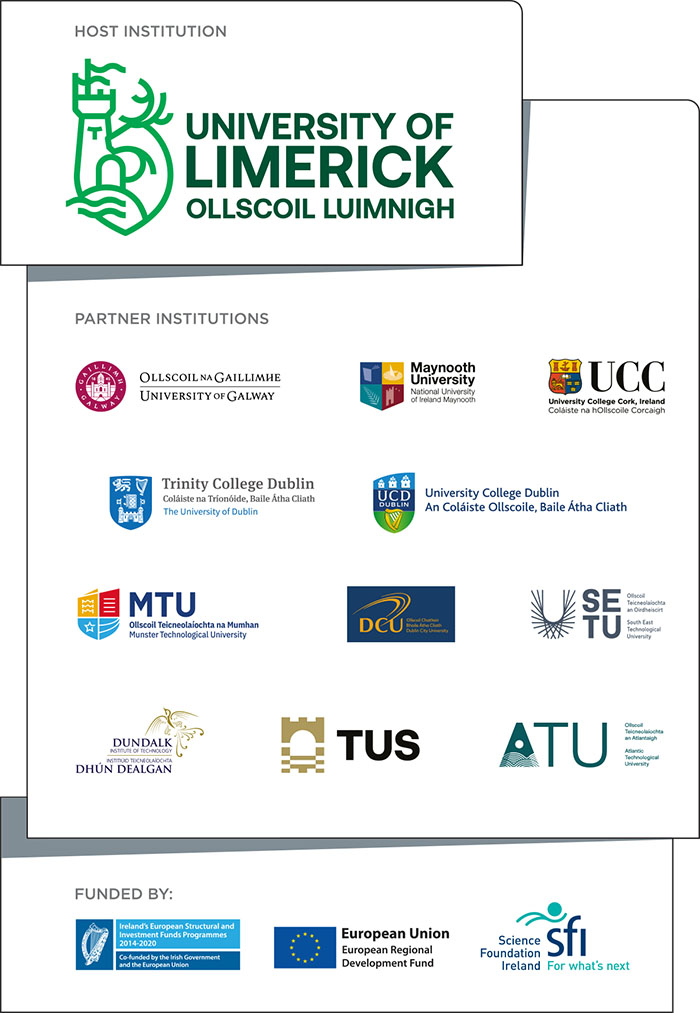Research finds Covid Tracker App users unsure of benefits
You are here
Almost four in ten users of the HSE’s Covid Tracker App are unsure of its benefit in the fight against the spread of the coronavirus, researchers have revealed.
Researchers at Lero, NUI Galway and University of Limerick (UL) said the results of the survey should be considered when planning communications around the value of smartphone-assisted tracking and tracing for Covid-19.
The HSE Covid Tracker App was launched in early July and currently has over 1.3 million active users.
More than 5,500 people who have tested positive for Covid-19 since July have been able to warn other contacts who have the app that they may have recently been exposed to the virus. This means that more than 10,000 app users were warned about a Covid-19 contact that they may potentially have been unaware of.
With public health restrictions relaxed in the run up to Christmas, the COVIGILANT research team, led by Dr Jim Buckley of Lero UL, said it is more important than ever to better understand the attitudes relating to the tracker app and the anonymised data it collects on your phone.
Dr Mike O’Callaghan, GP and UL Research Fellow in the Lero COVIGILANT research group, said: “Contact tracing and asking people to reduce their social contacts is hugely important in reducing spread of the coronavirus. The Covid Tracker App is designed to strengthen our contact tracing system but a consistent message we are hearing from our survey is that many users of the app are yet to be convinced that it is helping.”
Dr Jane Walsh, Director of the mHealth Research Group at NUI Galway, said: “While the vast majority of people say the app is user friendly and well designed, many of our survey respondents would like to see more detail from the HSE as to the effect it is having. However, it is very difficult for the HSE to give a detailed picture of where and how the app is helping, as it is specifically designed to protect peoples’ privacy.
“As we need to use every tool available against this virus, we hope our research will highlight the need to inform the general public about the usefulness of the app. Simply put, the more people trust it and use it, the more contacts it will pick up and the more it can make a difference.
“The survey signals a need to strengthen the communications around the benefits of the app, but it is also further proof that the app is living up to its security and privacy commitments. These are hugely important aspects in order to reassure the public.”
Dr Liam Glynn, Professor of General Practice at UL’s School of Medicine, said: “As we try to open up society and the economy further next year, increasing our social contacts will mean increased risk of Covid-19 transmission. The app is potentially at its most powerful in crowded areas where people don’t necessarily know each other and where it can warn of anonymous contacts.
“We feel ongoing public health messaging about the app and reassurance around the data security and privacy features will be vitally important if the Irish public are going to continue to use this app into the new year.”
A recent online survey by the COVIGILANT research group, led by NUI Galway, UL and Lero received more than 2,800 responses. It showed:
- 93% think the Covid Tracker App is easy to use and 81% feel its main function is to help the HSE with contact tracing.
- 44% (1265) of respondents feel the app is helping our national effort against this virus.
- 38% (1089) are unsure if the app is helping in the national effort
- 40% (1158) of respondents reported that they have not seen evidence that the app is helping our national effort against Covid-19.
- 7% reported Bluetooth related problems when using the app, with battery life issues being the main issue of concern.
Dr Walsh added: “We want to hear peoples' experiences directly by holding interviews over the phone or via video call in order to understand more about what they think about the app.
“Online surveys can offer us a great deal but they don’t tend to reach older age groups and people who don’t use technology a lot and we are particularly interested in hearing from people who fall into one or both of these groups.”
Manzar Abbas, PhD Scholar at software research centre Lero at UL, said: “While we will ask people who are interested in participating for their permission to record their interview, their responses will be anonymised. So if you are currently using, or have used the contact tracing app previously and you have some feedback we would like to hear it to inform ongoing app development.”
The research team is seeking people aged 18 or over to take part in their study. Participants will be asked to take part in a phone interview which would last 30-40 minutes.
Interested members of the public can fill in the consent form at the following link https://forms.gle/31Jvdrw5J5XeVwSu6 or email the research team at manzar.abbas@ul.ie




